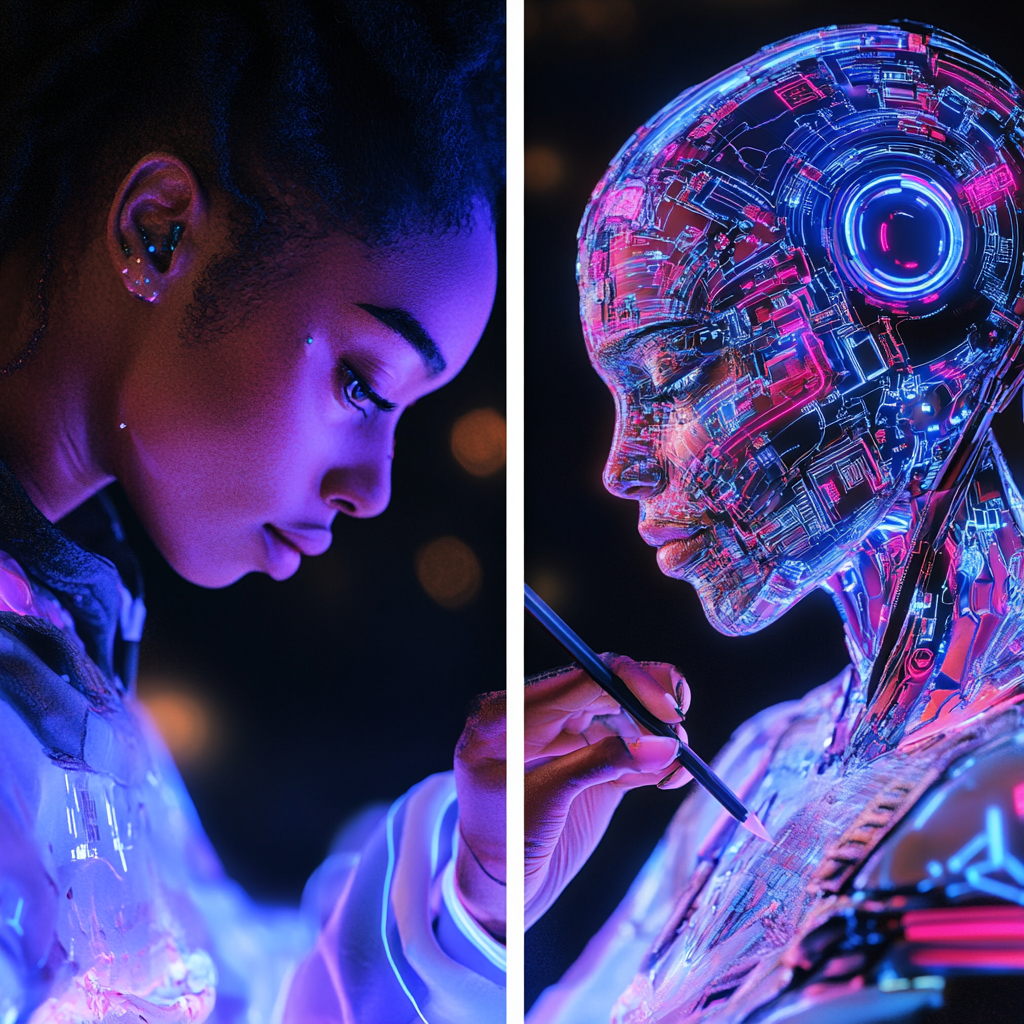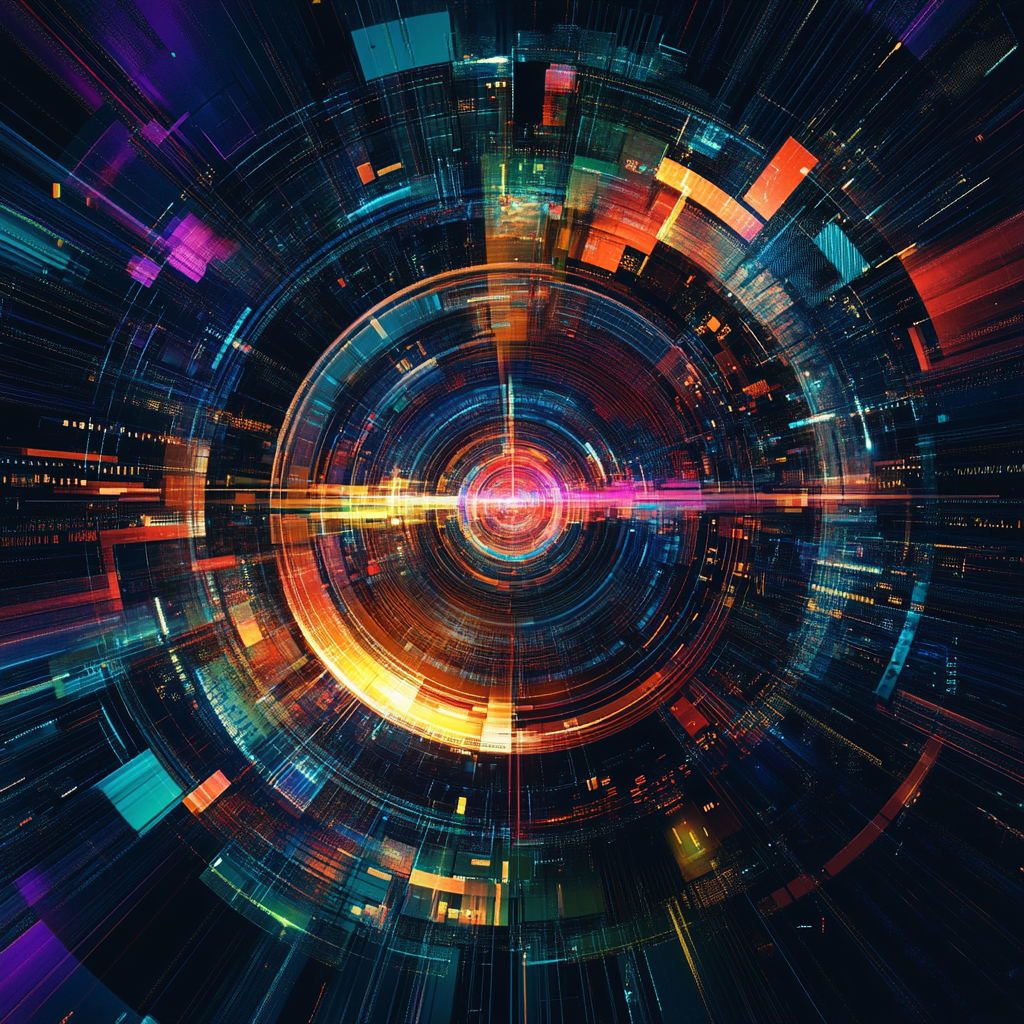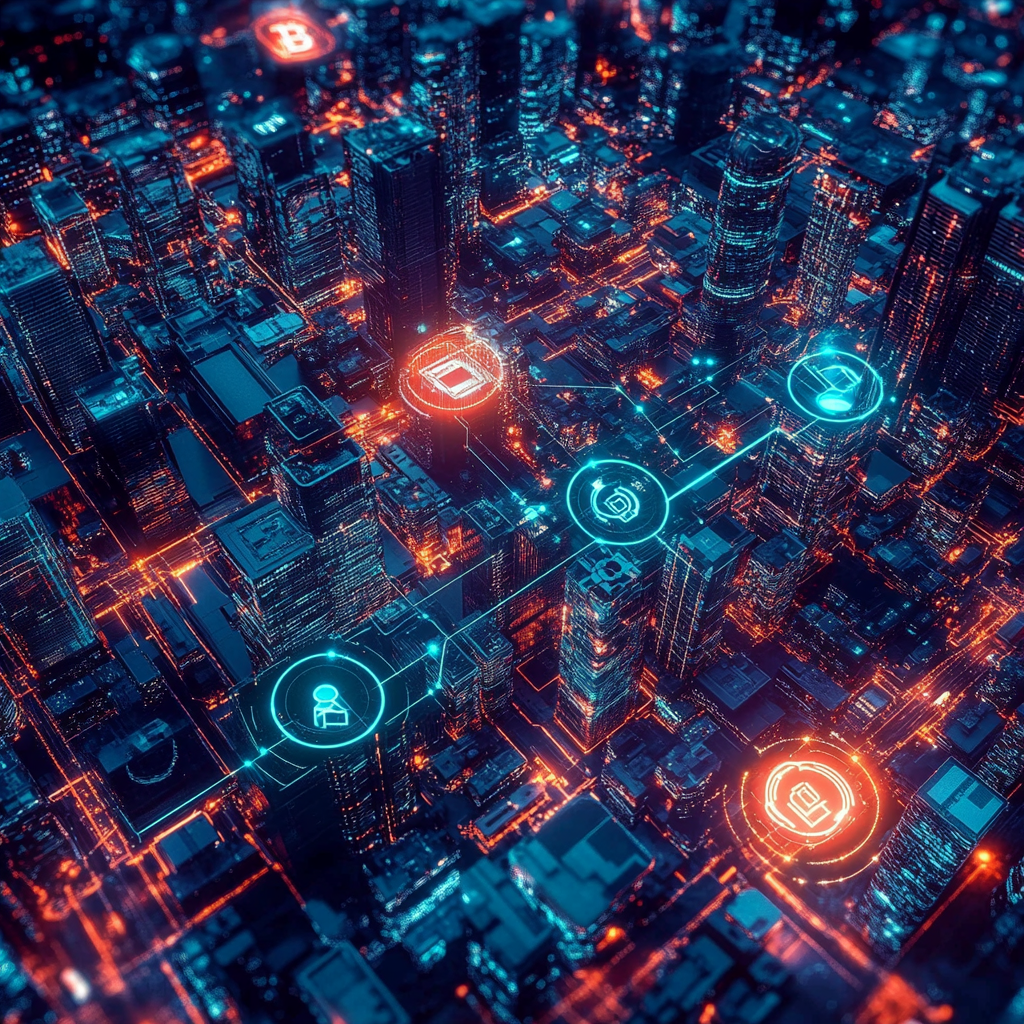The Future of Digital Marketing: AI and Automation Trends
Introduction: The Importance of AI in Marketing
As digital marketing continues to evolve, one trend is clear: Artificial Intelligence (AI) and automation are no longer just buzzwords—they’re reshaping how businesses engage with customers. For senior marketers like CMOs and VPs of Marketing, AI presents an opportunity to gain a competitive edge by offering hyper-personalized customer experiences, optimizing marketing spend, and freeing up time for creative strategies.
AI’s influence on marketing is profound. From chatbots that streamline customer service to predictive analytics that anticipate consumer behavior, AI is helping marketers move from reactive to proactive strategies. Automation tools are transforming manual processes, making it easier to manage complex campaigns with precision. Yet, the future of marketing with AI holds even more potential, and senior marketers must understand how to harness these tools effectively.
Challenges Marketers Face When Integrating AI and Automation
Despite the promise of AI, integrating it into a marketing strategy can be challenging. Here are some common hurdles:
- Data Overload: AI thrives on data, but many organizations struggle to manage and interpret vast amounts of information. While AI can offer insights, poorly structured data can lead to incorrect predictions, diminishing the value of AI investments.
- Balancing Automation with Personalization: Automation can streamline repetitive tasks, but it often risks making customer interactions feel impersonal. For senior marketers, striking the right balance between efficiency and authentic engagement is critical. It’s easy to lose the human touch when automation is overused.
- AI Skill Gap: Not every marketing team is equipped to handle AI-driven tools. Many marketers face a steep learning curve when working with advanced AI solutions, from implementing machine learning algorithms to analyzing predictive analytics.
Strategies for Overcoming AI and Automation Challenges
To effectively incorporate AI and automation into digital marketing, senior marketers can adopt the following strategies:
- Invest in Data Infrastructure: Ensure your data is clean, organized, and accessible. Companies like Google have mastered this by building data ecosystems that allow AI to function seamlessly. Proper data hygiene allows AI to draw meaningful conclusions, improving decision-making and personalization.
- Test and Learn: Use AI to run A/B tests on campaigns and gradually increase automation where it enhances results. HubSpot is a prime example of a company using AI to optimize marketing automation, testing email sequences, content recommendations, and ad campaigns in real time to improve conversion rates.
- Upskill Marketing Teams: Equip your team with the necessary knowledge to leverage AI. Salesforce provides training resources to help marketers better understand AI tools like Einstein, empowering teams to integrate AI-driven insights into their strategies.
Real-World Examples: How AI is Changing Marketing
Many companies are already leading the charge in AI-driven marketing. Here are two examples of organizations using AI to enhance their digital strategies:
- Google: As a leader in AI technology, Google uses machine learning to optimize everything from ad targeting to content recommendations. Google’s AI-driven tools enable marketers to reach audiences with precision by predicting consumer behaviors based on vast data sets. Through Google Ads, companies can automate bids and create personalized ads, significantly improving ROI.
- HubSpot: HubSpot leverages AI to improve lead generation and customer engagement. With the help of AI, HubSpot users can automate content creation, customer segmentation, and lead nurturing. Their AI-powered chatbot tools, for example, ensure immediate, context-aware responses to customer inquiries, making the user experience seamless.
The Future Outlook: AI’s Role in Marketing
As AI continues to evolve, its role in marketing will only expand. We’re moving toward a future where AI not only predicts trends but actively shapes marketing strategies. Imagine using AI to create dynamic, personalized content for every consumer, tailored to their preferences in real time. AI could automatically adjust campaigns based on customer behavior patterns, all without human intervention.
Looking forward, marketers will need to embrace AI’s predictive capabilities, not just to optimize campaigns but to proactively understand emerging consumer behaviors. The integration of AI with other technologies, like augmented reality (AR) and virtual reality (VR), will push the boundaries of how brands connect with audiences.
Conclusion: The Call to Action
For CMOs and VPs of Marketing, now is the time to integrate AI into your marketing strategy. As the digital landscape becomes more complex, those who invest in AI and automation today will be well-positioned for tomorrow’s challenges. Start by examining how AI can optimize your current efforts—whether through personalization, data analytics, or automation—and begin experimenting with tools that can take your strategy to the next level.
Are you ready to harness the power of AI to revolutionize your marketing efforts? The future of digital marketing is here—will you lead the charge?








Leave A Comment